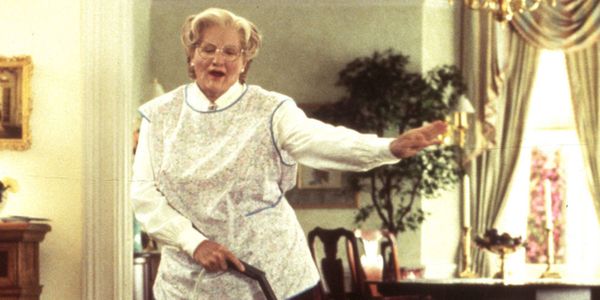In his discourses in The Politics, Aristotle ascertains that man is, by nature, a "political animal." People tend to associate themselves with a group of similar, like-minded people. This provides a feeling of comfort and security cherished by everyone. However, this political factionism often tends to antagonism towards people of opposing beliefs in governance. A recent anecdote took place for me during a screening of the movie The Accidental Prime Minister, a film depicting the tenure of Dr. Manmohan Singh, the Prime Minister of India between 2004 and 2014.
In May of 2019, India will once again undergo its general elections, with a total of over 800 million eligible voters casting their ballots. Despite having tens of regional and state-level political parties, on a national level, the Indian political spectrum is essentially bipartisan, with the Congress and the BJP being the two major powers. In 2014, the BJP managed to oust the Congress from power, a rare occurrence. The Congress party has historically been the dominant force in Indian politics, due to their affiliation with the family name of Gandhi, and the party being spearheaded by his descendants. In recent years, however, it has led to huge controversies, particularly during their reign between 2004-2014, as accusations of corruption began piling up.
The movie did not hold back its criticism of Dr. Singh's term - showing his eventual surrender to the Gandhi family's wishes, which led to one particularly scathing indictment of the situation - "The Mahabharata had two families. India has only one" - using the great Hindu epic to depict the power that one family wields over an entire nation of over 1.3 billion people.
As a soon-to-be first time voter, it would have been easy for me to succumb to pathos and get swayed into the political propaganda wave that the film was clearly presented as. However, in spite of my personal political affiliations or beliefs, I attempted to pay attention to my surroundings within the movie theatre. Interestingly enough, I noticed that a large percentage of the crowd was full of young adults like me. Another notable aspect was the constant cheers and jeers at the almost satirical portrayal of certain political figureheads.
Most importantly, I noticed the massive political outrage caused by the film. In an era where all the information in the world is accessible at one's fingertips, a film based on a book written by the trusted advisor of the former Prime Minister is somehow the most outrageously offensive thing that some people have seen. Instead of appreciating the eerily accurate costume design, the phenomenal acting by the cast, the focus was drawn to its political nature.
"Disrespectful", "abusing freedom of expression", "failed propaganda": all the labels being associated with this film by the ardent supporters of the relevant political party. Today, people have begun identifying themselves and each other based on who they vote for. This merely perpetuates a further political divide, and, rather than taking a step back and attempting to look at an issue, or even simply a work of art through neutral eyes, it has somehow become imperative to try and tear down everything done by the opposition. Perhaps, Aristotle was right. After all, politics is about power and patronage and man indeed is a political animal: unable to separate itself from its emotional desires and blocking rational thought in face of extreme pathos.
- The Accidental Prime Minister Actress On Why Political Films Are ... ›
- The Accidental Prime Minister (2019) - Rotten Tomatoes ›
- The Accidental Prime Minister by Sanjaya Baru ›
- The Accidental Prime Minister: The Making and Unmaking of ... ›
- The Accidental Prime Minister | Official Trailer | Releasing January ... ›
- The Accidental Prime Minister - Wikipedia ›
- The Accidental Prime Minister (2019) - IMDb ›
- The Accidental Prime Minister (film) - Wikipedia ›
- Aristotle's Doctrine That Man Is a Political Animal ›
- Aristotle said that "man is a political animal." What does that mean ... ›
- The Ultimate Political Animal - AshbrookAshbrook ›
- Man is a political animal (Meaning of Aristotle quote) - Philosophers ›
- Aristotle insists that man is either a political animal (the natural state ... ›
- Aristotle's Political Theory > Political Naturalism (Stanford ... ›



















